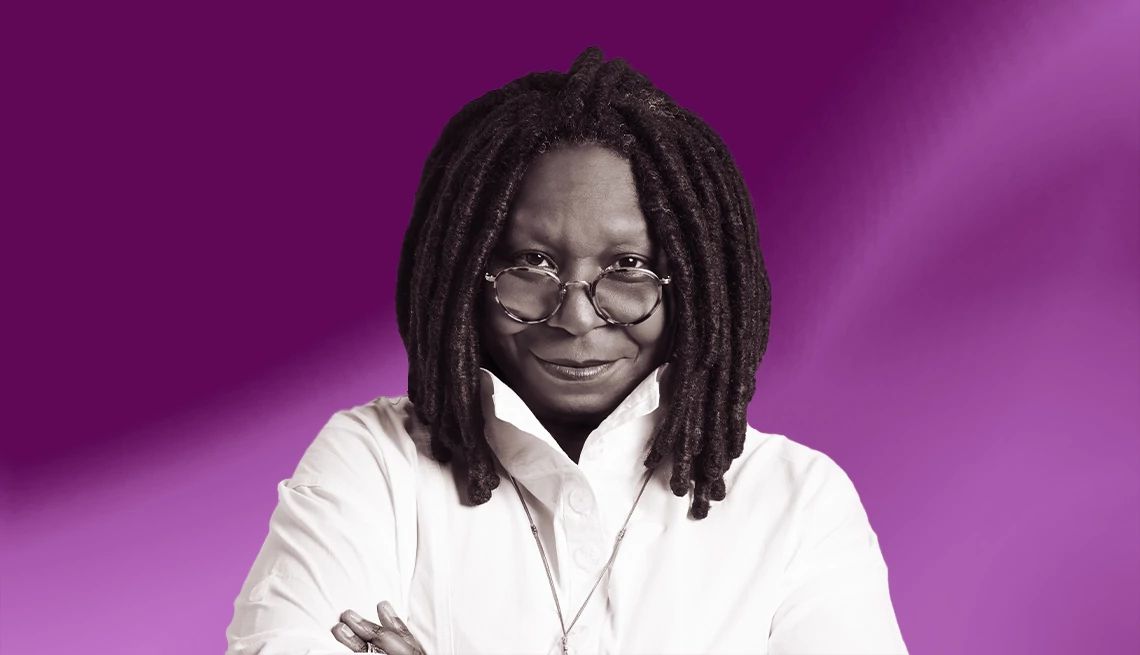AARP Hearing Center
Even though you put lots of effort into figuring out how to show potential employers you’re the best candidate for the job, there may be one key factor that you’ve been overlooking. While your many years of professional experience arm you with valuable skills, to some employers your long work history might just signal that you’re old. And despite laws that prohibit age discrimination in employment, being older often can be a barrier to getting hired.
For example, in one experiment conducted for the National Bureau of Economic Research, more than 40,000 resumes were sent to employers who were hiring. For each job opening, hiring managers received resumes from candidates in three age groups, based on the work history each resume showed. Despite all groups having similar skills, applicants in the youngest group (ages 29 to 31) received many more requests for interviews than those in the oldest group (64 to 66). The youngest group also generally received more callbacks than people in the 49–51 age range except for janitorial positions.
Statistics like these can be frustrating. Your age is not something you can change. There are, however, ways to approach your job search that may lessen the impact that age bias has on your chances of being hired. Here are four ways to age-proof your job search.
Your network is your secret weapon. One way that previous work experience may help you is through the contacts you have made with people in your industry. Because they have personal knowledge of your skills and achievements, they can recommend positions and employers that would be a great fit for you. And, just as important, they can be your key to the hidden job market – roles that get filled without ever being advertised.
There are many ways to build and use your network successfully. LinkedIn and other social media sites can be efficient ways to reach out to former colleagues. Keep in mind that your younger coworkers may also have valuable advice about strategies for finding jobs today. You can find more tips about how to network successfully by reading this article.
Make sure your resume fits the newer formats. You likely already know not to include your college or high school graduation dates on your CV because that information effectively tells employers your age. But there are some less obvious age-related details you may not know to remove from your resume.
As younger workers enter the job market and employers try to home in on applicants with the best skills for the position, resume formats are constantly shifting in small ways that can make a big difference in who gets an interview. For example, if your resume still includes your street address or an objective statement, those details may give hiring managers clues that you are an older applicant. Even your email address can potentially reveal your age. When hiring managers see an AOL or Yahoo address, they may assume you’re older and opt for an applicant whose .edu account suggests they’re a recent college graduate.
For advice on how to age-proof your resume, click here.


































































